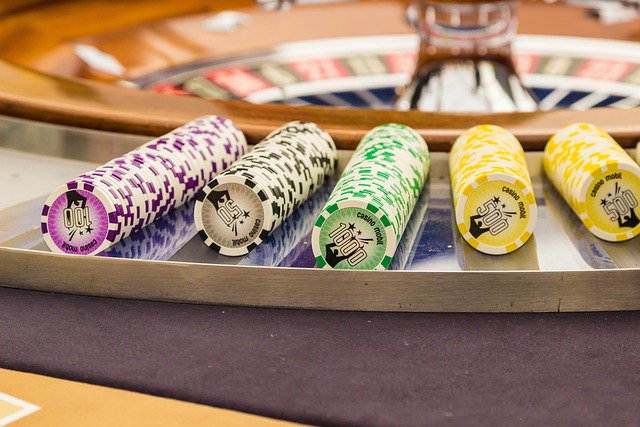
Pathological gambling is also known as gambling addiction or compulsive gambling. It is a behavioral disorder. It’s characterized by a persistent and uncontrollable urge to gamble in National Casino, despite negative consequences. This condition can have severe impacts on an individual’s mental health. Also on their relationships and financial well-being. Various factors contribute to the development of pathological gambling. Research has shown that genetics plays a significant role in its etiology.
Genetics can influence various aspects of an individual’s life. Including their susceptibility to addictive behaviors like gambling. There is a significant hereditary component, according to genetic studies. There is research indicating that genetic factors can account for the development of this disorder. About a 30-60% risk.
One of the key ways genetics generates pathological gambling is through inherited vulnerabilities. That is in an individual’s brain chemistry. Chemicals called neurotransmitters are used to communicate with the brain. They play a crucial role in regulating mood, reward, and impulse control. Certain genetic variations can lead to imbalances in these neurotransmitters. This results in increased susceptibility to addictive behaviors. Genetic variations in the dopamine system are in charge of reward and motivation. They establish an increased risk of pathological gambling.
Dopamine is a neurotransmitter. It pours into the brain when we experience pleasure, such as winning a bet or receiving a reward. Genetic variations that affect the way dopamine acts in the brain lead to an exaggerated response. To gambling-related rewards to be exact. As a result, there is a higher chance of acquiring a gambling addiction.
Genetic factors can also influence an individual’s personality traits. In turn, it can impact their likelihood of developing a gambling addiction. Sensation-seeking and risk-taking behavior create an increased risk of pathological gambling. Studies have shown that they tend to run in families.
Furthermore, family studies have demonstrated that pathological gambling tends to run in families. This suggests a hereditary component. Individuals with a family history of gambling addiction are at a higher risk of the disorder themselves. Twin studies have also provided evidence of a genetic influence on pathological gambling. There is a higher concordance rate observed among identical twins. In comparison to fraternal twins. This suggests that genetic factors play a significant role. In the development of gambling addiction to be exact.
Genetics alone does not determine whether an individual will develop pathological gambling. Environmental factors like exposure to gambling at an early age play a role. These play a part in the emergence of this illness. Additionally, genetic factors interact with environmental factors. This contributes to the risk of developing pathological gambling. For example, individuals with genetic vulnerabilities to pathological gambling may be more susceptible. Especially to the impacts of environmental factors. Such as high-stress levels, traumatic events, or social influences. These points can trigger or exacerbate their gambling behavior.
In conclusion, pathological gambling is a complex and multifaceted disorder. Research has shown that genetics plays a significant role in its development. However, it’s crucial to keep in mind that DNA only makes up a portion of the picture. A comprehensive understanding of pathological gambling requires considering a range of factors.


